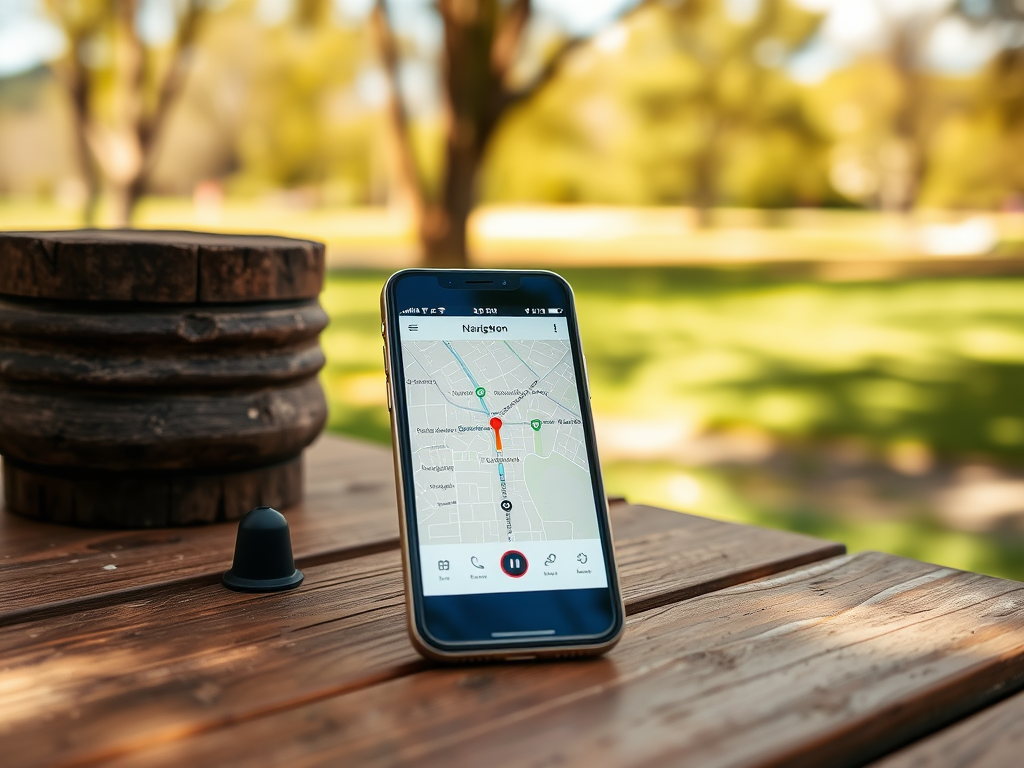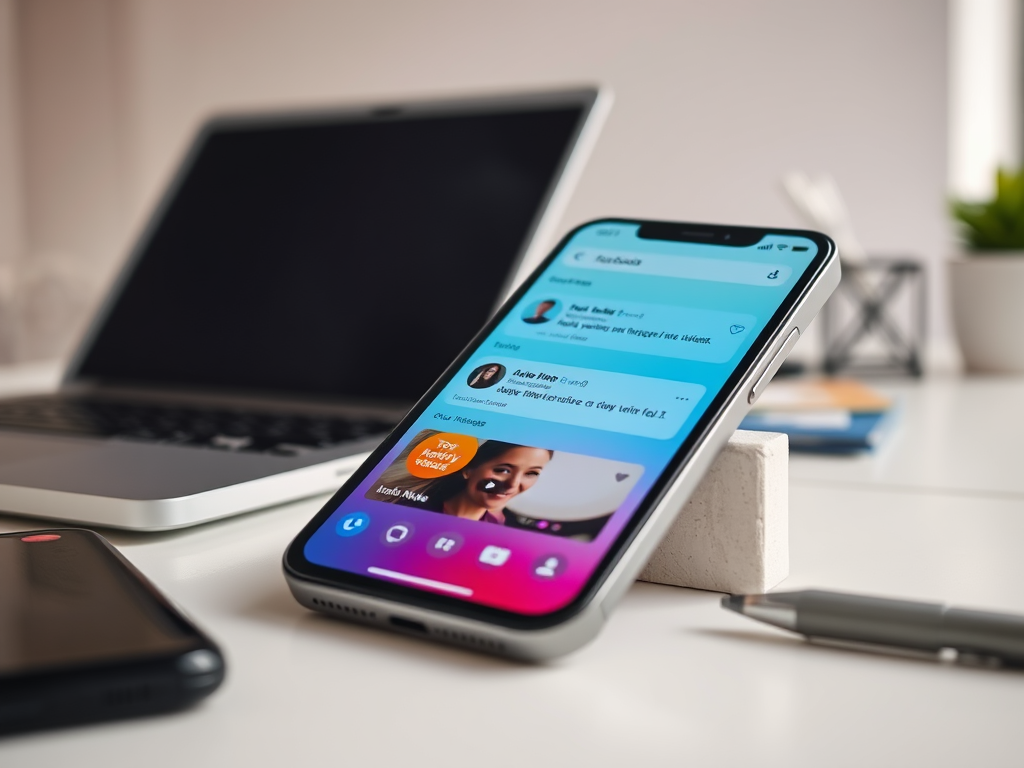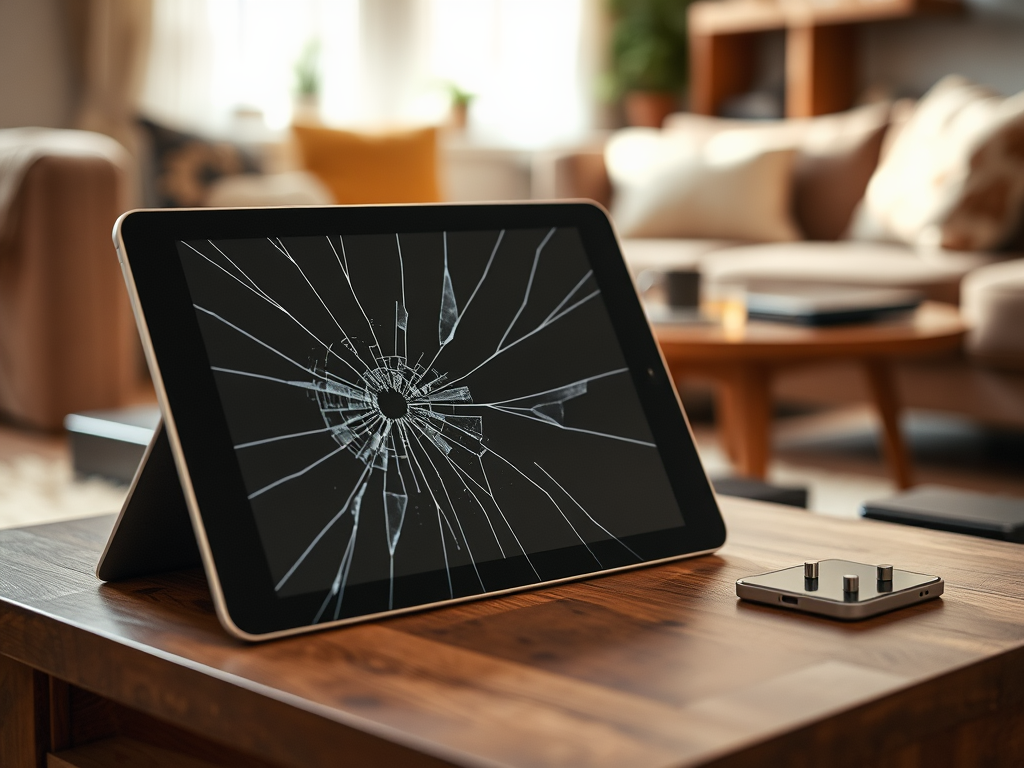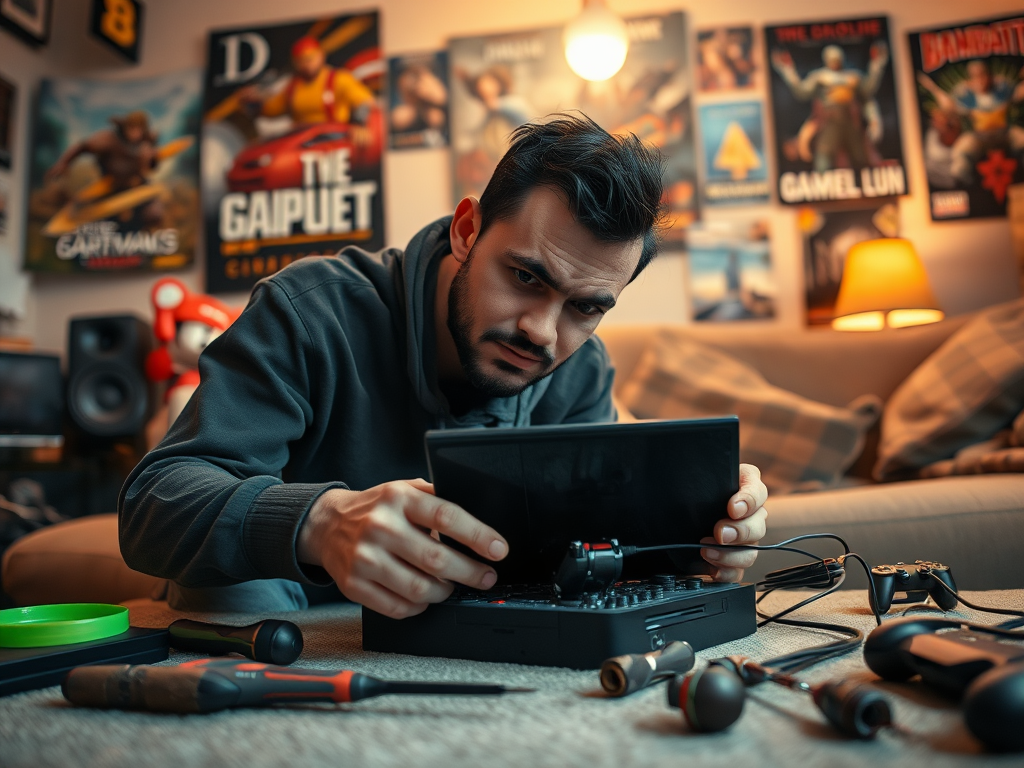In our fast-paced world, smartphones serve as critical tools for communication, navigation, entertainment, and much more. However, there comes a price for their powerful capabilities; overheating is a common issue that many users face. As sophisticated as they are, smartphones can struggle when tasked with high-intensity apps, potentially causing harm to both performance and battery life. Understanding which applications are guilty of driving your device to its limits can be essential for maintaining optimal performance and longevity. This article will delve into the apps most likely responsible for your phone’s excessive heat, along with practical tips to mitigate these effects.
As appealing as advanced apps can be, they often demand significant power and processing capability. This demand can lead to increased heat generation, which, if not managed properly, can result in more than just discomfort for the user. It can impact the internal components of your device, potentially leading to future issues down the line. Furthermore, environmental factors—like the weather and device cases—can exacerbate heating problems. Addressing overheating is crucial for a seamless user experience, and it starts with being aware of the culprits hidden within your app library.
Understanding Phone Overheating

Overheating can occur for various reasons, including environmental factors, hardware issues, and particular software. It’s vital to understand why your phone heats up before diving into the apps that might be responsible. Components like the CPU and battery are sensitive to excessive heat, and their stable functioning is crucial for your device’s overall health. Elevated temperatures can lead to performance throttling, a situation where the phone limits its performance to reduce heat. For this reason, recognizing potential sources of heat generation, especially the apps you frequently use, can assist you in taking precautions in a more informed manner.
- Background Processes: Multiple apps running simultaneously can cause your device to work harder.
- High Usage: Intensive tasks like gaming or video streaming require significantly higher processing power.
- Environmental Conditions: Using your phone in a hot environment can worsen overheating issues.
Common Apps That Cause Overheating

Gaming Apps
Mobile games often push the limits of your phone’s CPU and GPU. Popular titles like PUBG, Call of Duty Mobile, and Fortnite demand substantial resources, which can lead to overheating under prolonged usage. The advanced graphics, rich content, and real-time data processing required for these games place an immense load on your device. The combination of these factors means that you could quickly find your phone reaching uncomfortable temperatures, especially during long gaming sessions. It’s essential to be mindful when gaming, as overheating can not only pause your enjoyment but also risk harming your device.
| Game | Typical Device Issue |
|---|---|
| PUBG | Excessive heat during long matches |
| Fortnite | Lagging and sudden shutdowns |
| Call of Duty Mobile | Increased battery drainage |
Social Media Apps
Social media platforms like Facebook, Instagram, and TikTok can significantly strain your device. Users often spend hours scrolling through content, which may include videos, graphics, and live feeds; this can keep the processor working overtime. The constant refreshing and background data use to keep notifications up-to-date contributes to the potential for overheating. Therefore, it’s not uncommon for your device to become warm while you’re actively engaged in social media activities. Keeping an eye on app usage and setting limits can help prevent your phone from overheating during lengthy sessions.
Utilizing navigation applications like Google Maps and Waze can lead to increased temperatures, especially during long road trips. These apps require continuous GPS access, which demands significant battery use. Furthermore, the smartphone also uses networking capabilities for real-time traffic updates, contributing to added heat generation. Additionally, if you’re using these features with other high-demand applications running, your device is likely to heat up significantly. Ensuring that you’re mindful of app usage while navigating can help mitigate overheating problems.
Tips to Manage Phone Overheating
To help mitigate overheating issues, consider implementing the following strategies into your daily routine:
- Regularly close background apps that you are not actively using.
- Reduce screen brightness to ease the strain on the battery.
- Consider enabling Airplane Mode during high-use periods for non-essential connectivity.
- Take regular breaks when using high-performance applications.
- Keep your phone out of direct sunlight and hot environments.
Conclusion
Identifying common apps that cause your phone to overheat is crucial for maintaining optimal device performance. By being mindful of your app choices and implementing effective management strategies, you can enjoy all that your smartphone has to offer without the worry of overheating. Whether it’s gaming, social media, or navigation, recognizing high-demand applications can prevent discomfort and safeguard your device’s longevity. With the right knowledge and practices, you can ensure that your smartphone remains efficient and responsive throughout its lifespan.
Frequently Asked Questions
- What should I do if my phone overheats? Remove any cases, turn off the phone, and let it cool down before using it again.
- Are there any permanent fixes for overheating? Regular software updates and using lighter apps can significantly help.
- Can overheating damage my phone? Yes, consistent overheating can lead to battery damage and other hardware issues.
- How can I detect overheating? Monitor your phone’s temperature during heavy usage and look for performance lags.
- Does phone case material affect overheating? Yes, certain materials can trap heat and exacerbate overheating issues.



